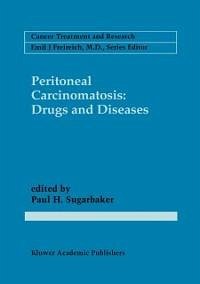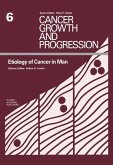Peritoneal carcinomatosis dominates the clinical picture of many patients with gastrointestinal, gynecological and urological cancers. For many of them its dev astating effects contribute directly to their death. Most clinicians consider peritoneal carcinomatosis an incurable metastatic disease and give palliative treatment, re stricted to limited surgery and systemic chemotherapy. Contrary to this view, Paul Sugarbaker and his collegues base their approach on the concept that peritoneal carcinomatosis represents regional tumor spread, similar in its impact on treatment and prognosis to that of lymph node metastases in other malignancies. This concept emphasises the value of regional tumor control, as a potentially curative measure. In this book the combination of aggressive cytoreduction and intraperitoneal chemotherapy to control peritoneal carcinomatosis is extensively explored. Basic to this approach is the observation that most cancer cells show only relative resistence against commonly available drugs, which can be overcome by a sufficient increase of drug concentrations in tumor tissue. After intraperitoneal delivery, drugs will reach high tissue concentrations in the superficial few cell layers, while plasma concentrations will remain below toxic levels. Patients with only limited residual tumor at the peritoneal surface after cytoreduction may therefore benefit from intraperitoneal chemotherapy.
Dieser Download kann aus rechtlichen Gründen nur mit Rechnungsadresse in A, B, BG, CY, CZ, D, DK, EW, E, FIN, F, GR, HR, H, IRL, I, LT, L, LR, M, NL, PL, P, R, S, SLO, SK ausgeliefert werden.









